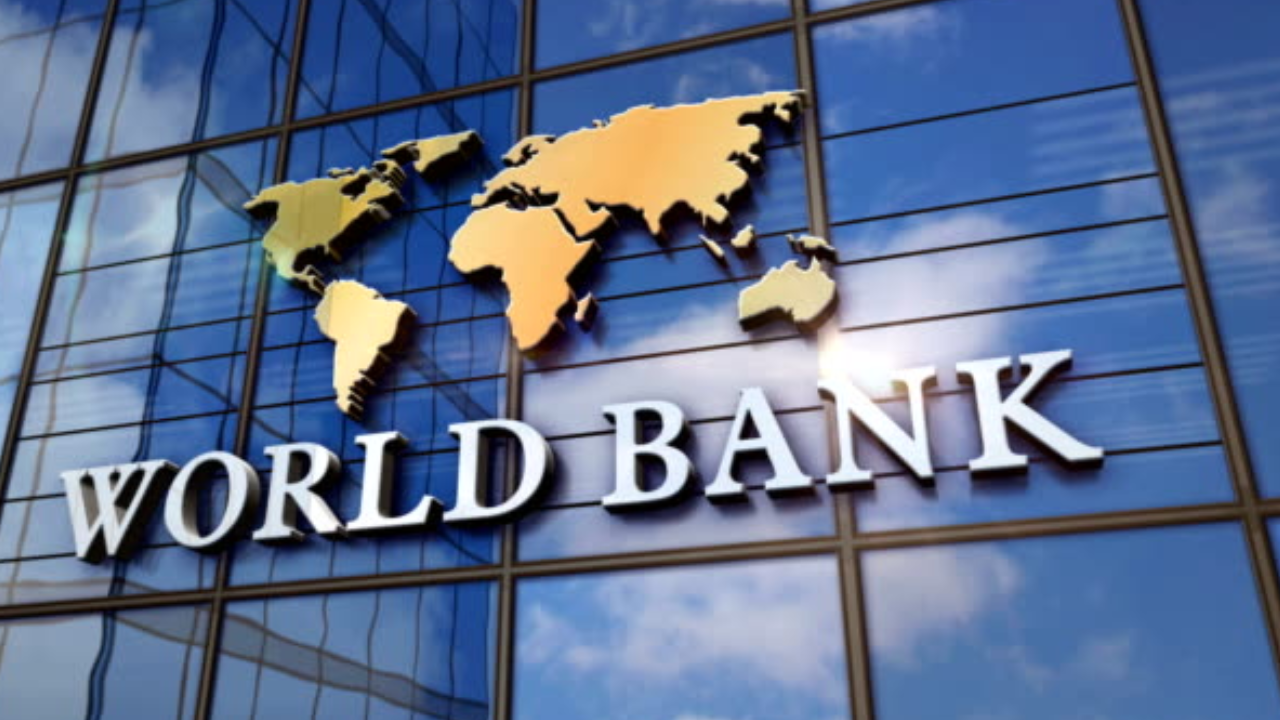
The report forecasted a deceleration of economic growth in Sub-Saharan Africa to 2.5 percent in 2023, from 3.6 per cent in 2022.
Citing challenges related to currency pressure, security issues, and other factors, the World Bank Group has revised its economic growth forecast for Nigeria in 2023 down to 2.9%. This is a reduction from its previous projection of 3.3% for the West African nation.
This adjustment was detailed in the World Bank's latest 'Africa Pulse,' a regional macroeconomic outlook released on Wednesday. The report highlighted the persistent challenges facing Sub-Saharan Africa's economic recovery, including instability, weak growth in major economies, and global economic uncertainty.
The report predicts a slowdown in economic growth across Sub-Saharan Africa to 2.5% in 2023, down from 3.6% in 2022. It specifically mentioned that South Africa's GDP is expected to grow by only 0.5% in 2023 due to energy and transportation bottlenecks, while Nigeria and Angola are projected to grow at 2.9% and 1.3%, respectively, mainly due to lower international prices and currency pressures affecting both oil and non-oil sectors.
The report also expressed concerns about increased conflict and violence in the region, which negatively impact economic activity. Sudan, in particular, is expected to see a contraction of 12% in economic activity due to internal conflicts.
In terms of per capita growth, the report noted that Sub-Saharan Africa has not seen an increase since 2015. It warned of a potential "lost decade" of growth, projecting an average annual per capita contraction of 0.1% between 2015 and 2025.
The World Bank's Chief Economist for Africa, Andrew Dabalen, emphasized the urgency of addressing this economic slowdown, especially in the context of a growing youth population. He highlighted the need for policymakers to transform their economies to provide better job opportunities for young Africans.
Despite the challenging economic outlook, the report also mentioned some positive developments, such as a decline in inflation from 9.3% in 2022 to 7.3% in 2023. It noted that fiscal balances were improving in countries implementing prudent macroeconomic policies.
The report highlighted growth prospects in specific regional economic communities, such as the Eastern African community (EAC) and the West African Economic and Monetary Union (WAEMU). However, it also pointed out that debt distress remains a concern, with 21 countries in the region at high risk of external debt distress or already in debt distress as of June 2023.
Overall, the report underscored the need for creating high-quality job opportunities for the youth to achieve inclusive growth and unlock the economic potential of Sub-Saharan Africa's demographic dividend. It called for an ecosystem that supports private-sector development, firm growth, and skill development aligned with business demands.
Copyright © ENTREPRENEURSHIP DEVELOPMENT INSTITUTE 2015. All rights reserved.
Powered by: C.B.N